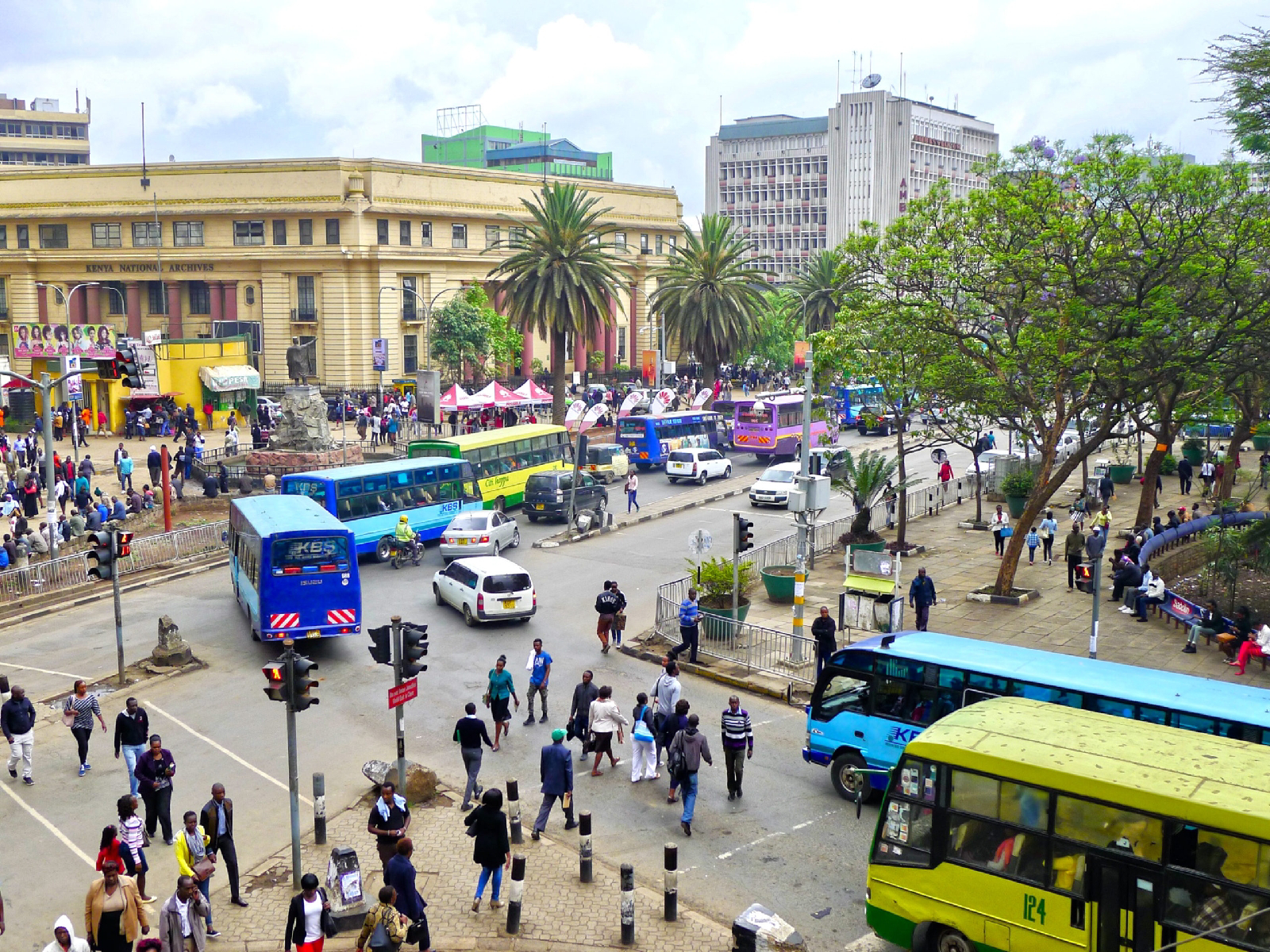Inside Tia Clinic’s Bold Move to Pioneer Regenerative Healing in Kenya
A quiet revolution is taking shape in Kenya’s medical field — one that promises not just to manage illness but to help the body heal itself. Known as regenerative medicine, this emerging branch of science is redefining how doctors and patients approach recovery, vitality, and long-term health.
The renewed public interest in medical wellness — seen recently as celebrities opened up about using modern treatments such as Ozempic for weight regulation — reflects a broader shift toward scientifically guided healthcare. Across Kenya, clinics and research centers are increasingly adopting advanced therapies that combine metabolic, functional, and regenerative medicine to achieve lasting results.
According to Dr. Ashne Malde, a regenerative and functional medicine specialist at Tia Clinics Muthaiga, regenerative medicine represents one of the most transformative movements in modern healthcare.
“For decades, medicine has focused on managing symptoms,” says Dr. Malde. “Now we are using the body’s own biology — stem cells, peptides, and plasma — to regenerate tissue, restore function, and revive systems once thought irreparable.”
Regenerative medicine works by enhancing the body’s natural ability to self-repair. Through treatments such as platelet-rich plasma (PRP) therapy, peptide therapy, and cellular regeneration, specialists can stimulate the repair of damaged tissue and accelerate healing without invasive surgery.
At Tia Clinics, these innovations are already being applied in areas such as chronic pain management, orthopedic recovery, post-surgical healing, skin rejuvenation, and metabolic support. Complementary approaches like hormonal balance optimization, nutrition therapy, and medically guided weight management — including treatments like Ozempic — are also being used to restore overall wellness.
“Health is more than treating disease,” Dr. Malde explains. “It’s about restoring balance at the cellular level — improving energy, mental clarity, and quality of life.”
Globally, regenerative medicine has shown promise in rebuilding cartilage, restoring nerve function, and regenerating damaged organs.
In Africa, experts see it as a powerful response to the continent’s growing burden of chronic diseases such as arthritis, diabetes, and cardiovascular conditions.
Dr. Malde believes Kenya is well positioned to lead this movement if the medical community invests in research and training.
“We have the expertise and the patients,” she says. “What we need now is collaboration and proper regulation to make these therapies accessible and safe.”
As Kenya embraces modern wellness science, regenerative medicine is emerging as a symbol of the future — one focused not on surviving disease, but on restoring life itself.
“Every patient who heals naturally proves how intelligent the human body is,” Dr. Malde concludes. “Regenerative medicine gives that intelligence a voice — and a chance to heal.”




Comments
Post a Comment